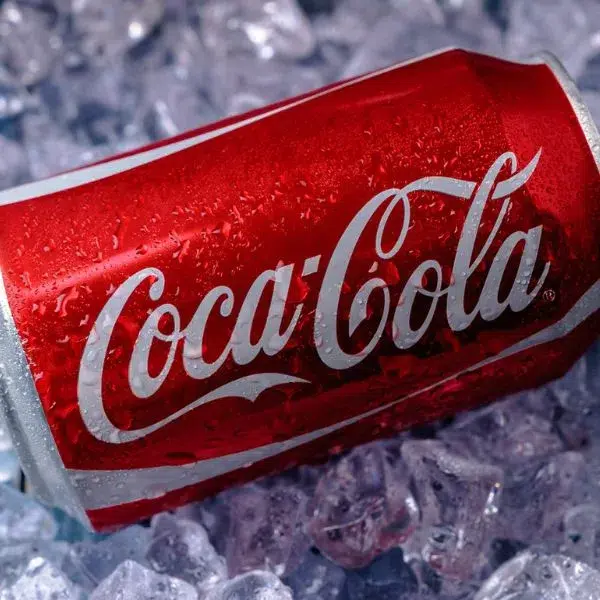Is Coca-Cola Not Halal?
Is Coca-Cola Not Halal?
Coca-Cola is one of the most popular drinks worldwide. From family gatherings to quick refreshment breaks, it’s enjoyed by many. However, for Muslims, the question remains: Is Coca-Cola halal?
In Islam, food and drink must meet specific dietary laws to be considered halal, meaning permissible. For Muslims, ensuring that what they consume adheres to these standards is crucial. Let’s explore whether Coca-Cola qualifies as halal.

What Makes a Drink Halal?
To understand whether Coca-Cola is halal, we need to know what makes food or drink halal. Halal drinks must meet the following criteria:
- Ingredients: The drink must not contain any haram (forbidden) substances like pork, alcohol, or non-halal animal by-products.
- Processing: The methods used in production must avoid contamination with haram items.
- Certification: Many Muslims prefer certified halal products, verified by recognized Islamic bodies.
With these standards in mind, let’s examine Coca-Cola’s ingredients and processing.
Ingredients in Coca-Cola
Coca-Cola contains the following main ingredients:
- Carbonated Water
- High Fructose Corn Syrup (HFCS) or Sucrose
- Caramel Color (E150d)
- Phosphoric Acid
- Caffeine
- Natural Flavors
None of these ingredients are directly haram. However, the term “natural flavors” can raise some questions. “Natural flavors” can sometimes be derived from animal products. This uncertainty led to concerns about whether Coca-Cola’s flavoring contains any non-halal ingredients. Coca-Cola, however, has clarified that its natural flavors are plant-based and do not come from animal sources.
Caramel Color (E150d)
Caramel color (E150d) is used to give Coca-Cola its signature color. In the past, some concerns arose about the possible use of alcohol in the production of caramel color. Today, however, modern production methods have eliminated this concern. The caramel color used in Coca-Cola contains no alcohol and is safe for halal consumption.
Caffeine
Caffeine is derived from coffee beans and synthetic sources. It’s not a haram substance in Islam, so its presence in Coca-Cola does not raise any halal concerns.
Alcohol Concerns
The primary concern with Coca-Cola’s halal status has been the trace amounts of alcohol that could result from the fermentation of ingredients. However, Coca-Cola has stated that any alcohol in its production process is so minimal it evaporates during manufacturing. As a result, the final product contains no detectable alcohol.
Halal Certification
Many Coca-Cola products are not explicitly certified as halal in regions like North America. However, in countries like the Middle East, Coca-Cola has obtained halal certification from recognized organizations such as the Halal Food Authority (HFA) or Islamic Services of America (ISA). These certifications reassure consumers that the drink complies with halal standards. In some regions, Coca-Cola does not carry a halal certification logo, but this doesn’t necessarily indicate it is non-halal.
Why Some Muslims Avoid Coca-Cola
Despite Coca-Cola’s statements, some Muslims avoid it for various reasons:
- Lack of Certification: Without halal certification, some consumers feel uncertain about the product’s status.
- Ambiguity of “Natural Flavors”: The unclear source of natural flavors raises concerns, even though Coca-Cola asserts they are plant-based.
- Brand Associations: Past controversies surrounding Coca-Cola’s business practices may lead some to avoid the brand for ethical reasons.
Alternatives to Coca-Cola
For Muslims seeking halal-certified beverages, there are plenty of alternatives. Brands like Pepsi, Sprite, and Fanta often carry halal certification. In addition, many local or regional beverage companies focus exclusively on halal products. For those who prefer homemade drinks, options like fresh fruit juices, lemonade, or non-carbonated beverages can provide a safe, halal-friendly alternative.
Conclusion
Coca-Cola is widely considered halal due to its ingredients and manufacturing process. However, because of the lack of universal halal certification and some uncertainty around “natural flavors,” some Muslims may prefer to avoid it. If you’re uncertain, it’s always helpful to look for halal certification on the packaging or choose alternative drinks with a clearer halal status.
Ultimately, whether Coca-Cola is halal or not depends on personal beliefs and interpretations of halal standards. For those seeking more assurance, many certified halal drink options are available on the market.


